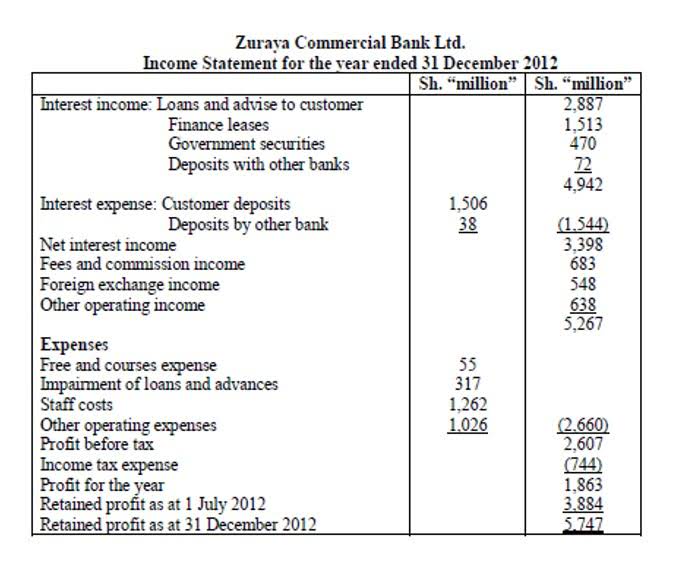
Depending on its accounting needs, a church may also have custom church financial reports like budget-to-actual, account transaction details reports and others. Monthly financial statements provide a snapshot of the church’s financial health, allowing you to track income and expenses, assess budget adherence, and identify any areas that require attention. These statements typically include an income statement, balance sheet, and cash flow statement. Funraise has it all—and we mean alllllll—when it comes to building a successful nonprofit, combining everything from donation management and event registration to advanced reporting and recurring giving tools. And with Funraise Payments, you can streamline payment collection for donations, fundraising events, or membership, managing financial transactions efficiently and easily. With our air-tight payment processor that accepts all your donors’ favorite payment methods (bank accounts, Venmo, and stock—oh my!), donor management and financial management is a breeze.
Single Entry Bookkeeping:
You shouldn’t do this as virtual accountant it can affect your bookkeeping processes adversely. Even if you are using an app to handle your bookkeeping, you still have to reconcile your books. When you reconcile your books frequently, you can reduce errors to the barest minimum. Reconciling your books and accounts helps you to observe several issues. Examples include missing transactions, amount discrepancies, duplicates, and bank errors. Spreadsheet Package–this includes an automatic accounting workbook for up to 5 funds, a contribution tracking workbook, a travel reimbursement workbook, and more.

Set Financial Goals
By segregating financial resources into separate accounts, or “funds,” this system enables organizations to closely monitor and report on the performance of each fund. As a result, fund accounting plays a crucial role in maintaining the trust of donors, stakeholders, and regulatory bodies by providing a clear and accurate picture of an organization’s accounting for churches financial health. Fund accounting is a specialized branch of accounting designed to track and manage the financial activities of non-profit organizations, including churches. Unlike traditional accounting methods, fund accounting emphasizes accountability and transparency, ensuring that funds are allocated and utilized for their intended purposes. Accounting software handles tithing, other forms of contributions, and fundraising events. The software should also handle administrative work, like incoming and outgoing payments, and budgets.

Specialized Services for Church Accounting

Beyond these tasks, accounting software is essential for ensuring effective management of your church records, as well as clear and honest financial practices. If you’re unsure which church accounting software is best for you, check out our article on this year’s very best church accounting software. In addition to recording the income, it is essential to keep track of any expenses related to fundraising activities. This includes costs for marketing materials, event venues, and any professional services utilized. By accurately accounting for both income and expenses, the church can have a comprehensive understanding of the financial impact of its fundraising efforts.

Accountability, not Profitability:
- Keep detailed records of the revenue and expenses related to the fundraising efforts to measure the accurate profits.
- At the end of each fiscal year, compile all necessary documents to prepare annual reports and facilitate tax filing.
- Small churches may not think of this, but your organization’s preacher will need this financial statement.
- Now that you have your categories, determine which accounts need to be included in each category.
- However you choose to handle your bookkeeping, remember you can never keep too thorough of records or be too transparent with your congregants.
- We’ll cover basic terminology and benefits, accounting methods and best practices in a church setting, taxes and regulations, and more.
In fact, bank reconciliation is one of the basic tasks a bookkeeper should do in a church. These differences are apparent, especially in the financial statements. On the other hand, for-profits sell services or products to maximize profits for the owners. Since they have different goals, they have different what are retained earnings bookkeeping practices. CHURCHPAD employs third-party companies to facilitate its services to Customer.
It’s basically the same as a balance sheet, showing assets (what you own), liabilities (what you owe), and net assets (total value) to provide a clear picture of your financial health. The one difference is that it includes separate lines for restricted funds. When a for-profit business sells a service, the revenue is added to a single general ledger, which records the company’s financial transactions and balances. Churches use multiple small ledgers based on restrictions, budgets, and allocations to track where the money is housed. Church accounting is the planning, organization, and recording of financial transactions within the church.
Church Accounting Best Practices
Since churches don’t operate with an owner or owners, they’ll produce a Statement of Financial Position, which shows the organization’s liabilities and assets. Churches are exempt from paying income tax while businesses do pay these taxes. Your church wants to make the world a better place by investing time, resources, and funds into the community, so the government chooses to credit organizations like yours with certain benefits. While churches don’t pay income tax, they do pay property and state taxes. Each fund can function semi-independently in the sense that it can have its own assets and liabilities. This creates multiple ledgers within your church, which at some point must be consolidated to track your organization’s overall financial activity.
CHURCHPAD offers a web-based church management software solution designed to help church leaders build and support a more connected, smoother running ministry. Accounting for Churches is an indispensable resource for churches of all sizes seeking to optimize their financial management. By implementing the best practices and strategies detailed in this guide, church leaders can ensure transparency, accuracy, and compliance, all while staying true to their mission and values. Church accounting is a specialized field that requires a deep understanding of both accounting principles and legal requirements. By adhering to best practices and leveraging technology, churches can maintain financial integrity and focus on their core mission of serving the community. By keeping proper records and making their financial practices public to the congregation, churches will maintain transparency and trust with their congregation.
